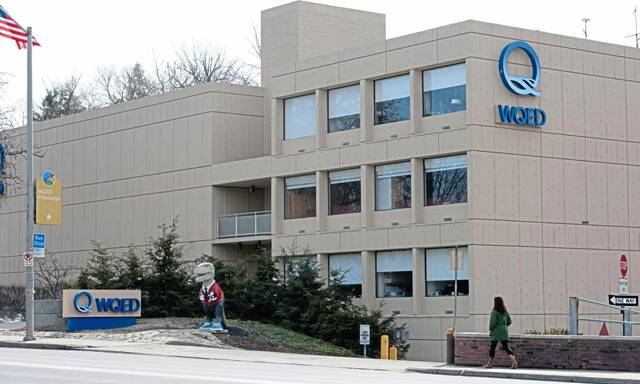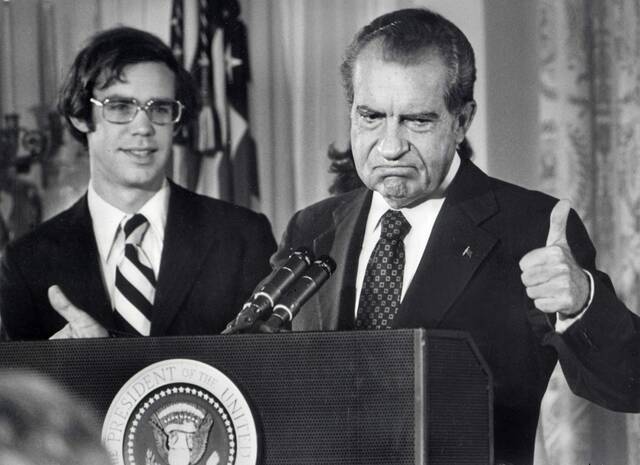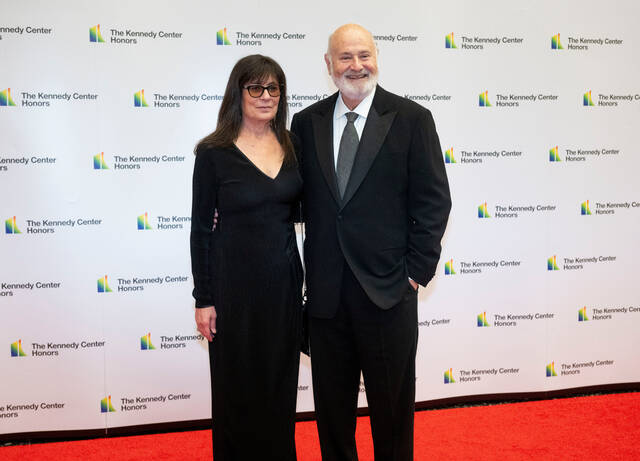WQED television was established in 1954 — right here in Pittsburgh — as the first community-sponsored educational television station in the nation. The station was truly Pittsburgh, originally funded in part by 200,000 $2 donations from local families. WQED is in our community’s genes, and our genes are in WQED.
Fred Rogers worked at WQED in children’s programming from the beginning, and he started “Mister Rogers’ Neighborhood” at WQED in 1968. “Mister Rogers’ Neighborhood” was broadcast nationally for 30 years, and it is still available on PBS and on streaming services. It is Pittsburgh’s gift to the nation and beyond.
But, as reported by Rob Owen in a two-part series in TribLive last week, the role of WQED and public television in Pittsburgh is up in the air now. And it seems that the new regime at WQED — led by recently hired CEO Jason Jedlinski — has little understanding of Mister Rogers’ legacy as well.
Owen’s series confirms what has been rumored about WQED for months. The place is in disarray, if not chaos. Veteran employees — including Emmy award-winners — have been abruptly dismissed. By one estimate, 125 collective years of service and institutional knowledge have been pushed out the door. Two new hires were released in short order — one after three weeks and the other after seven months.
In a move that state Sen. Jay Costa called shortsighted, WQED terminated a historically productive relationship with Harrisburg by cutting ties with its longtime lobbyist. Costa said, “I think it suggests they don’t put a priority on having a relationship with Harrisburg to be able to drive resources” to the station.
And there are plans to abandon WQED’s iconic headquarters building and studios in Oakland. This would make WQED a television station without the ability to produce television.
It would be the end of local programming, a broken promise that was made to our community decades ago.
Jedlinski’s explanation for all of this is hard to get your arms around. He says he wants to “foster a culture of data-driven experimentation.” He wants to “be relevant beyond a smile about QED as a brand or as a memory to more people and more of these communities.” He wants “meaningful engagement, whether measured by opt-ins from email addresses or cellphone numbers or YouTube views.”
In a straight-talk town like Pittsburgh, this sounds like consultant-speak — jabberwocky and gobbledygook.
As Owen also reported, “Multiple sources told TribLive that Jedlinski says linear TV is dead, PBS is irrelevant and Fred Rogers is old news. Jedlinski denied he used those exact words but acknowledged the sentiment.”
We can leave the issues of broadcast television versus streaming television to the experts. And that goes for the relevance of PBS, too. But Fred Rogers is not old news.
Since 1969, when he persuaded skeptical U.S. Sen. John O. Pastore to save community television by increasing federal funding for PBS and children’s programming, Fred Rogers has been with us. Even now, at every national tragedy, newscasters remind children to watch and follow Mister Rogers’ advice and “look for the helpers.”
WQED board members represent the community, and they must insert themselves into this process and prevent the end of WQED as we have known it. WQED’s employees and the people of Pittsburgh who continue to support the station deserve no less. The board must insist on leadership that shares the original mission of this station.








